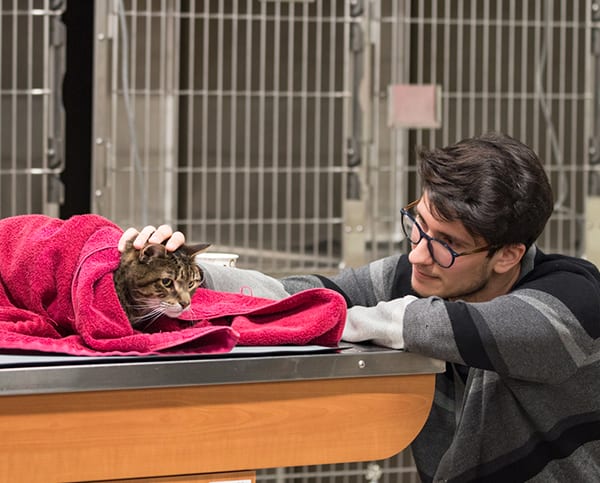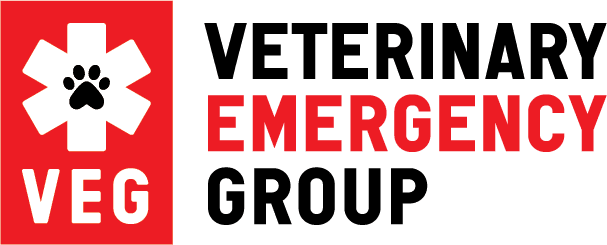
Common Poisons for Dogs: Foods, Plants and More
Dr. Vijay Nair
Call & Speak with a doctor Open 24/7, Even Holidays!
Walk in today for:
Emergencies
Point-of-Care Ultrasound
Urgent Care
X-Rays
Diagnostics + Testing
End-of-Life Care
Surgery
Treatment + Hospitalization
If your dog is the type who likes to get into just about every corner of the house, you may be all too familiar with the common household items that are toxic to dogs. Even if you feel like you already know them all, however, it’s always a good idea to brush up on the list now and then and make sure you know what to look out for as a responsible pet owner.
In this article, you’ll find a few lists of plants, foods, medications, and other household items that can be very toxic to dogs. These items are found in homes around the world and, unfortunately, are sometimes given to dogs purposefully by owners who didn’t realize they were toxic. Keep all of this information in mind and always watch your pet carefully when any of these items are present in your home.
Foods
Certain household foods and drinks can be extremely dangerous for pets if they consume them. If your pet eats any of the following foods, it’s very important to call a vet right away to see what you should do next to help your pet.
Alcohol
Alcohol, even in a small amount, can cause dogs to become comatose. They may breathe very slowly and can die if not treated. Some foods may contain enough alcohol to cause this in dogs as well.
Grapes
Dogs may suffer from kidney failure when they ingest grapes or related foods, such as raisins. Some dogs may suffer from severe stomach upset, and some may die within 24 hours.
Xylitol
Xylitol is an artificial sweetener found in a variety of foods. When dogs eat it, their bodies create too much insulin, and their blood sugar drops to fatal levels. The most common food item that contains xylitol is sugar free gum.
Chocolate
Chocolate can cause seizures or a very high heart rate in dogs. Many dogs die every year from chocolate poisoning, but it can be treated if they are seen by a vet quickly enough.
Onions and Garlic
Onions and garlic contain a compound that affects a dog’s red blood cells. A very small amount of onion or garlic can cause this, so it’s dangerous to feed your dog anything that may contain onions or garlic, even if they’re just little pieces. Dogs become weak, lose their appetite, and vomit or have diarrhea when they ingest onions or garlic.
Plants
When ingested, some plants can be extremely harmful to your pet and can make them very sick.
-
Lily of the Valley
Lily of the valley can cause seizures, low blood pressure, coma, and even death in dogs. If your dog likes to chew on plants in the garden, skip this flower.
-
Tulips
Eating the leaves or petals of this plant can cause your dog to have an upset stomach, but ingesting the bulb can cause lethargy and more significant stomach illness.
-
Philodendron
This plant is often found in homes and offices. If your dog eats it, she may vomit or drool a lot, and she may be ill for a couple of days. It’s not usually fatal, but it’s not very good for her either.
-
Dieffenbachia
This is a common houseplant with wide, green leaves. Eating it can cause your dog to vomit and may lead to breathing difficulties.
-
Aloe
Eating aloe will likely cause your dog to shake, drool, and possibly throw up or have severe diarrhea. She may also have no appetite and may be very lethargic after eating it. Dogs don’t often die from eating aloe, but they should still not be allowed to do so, and should be monitored if it does happen.
Medications
There are a variety of different medications that can be harmful to your pet. If your pet ingests any of these medications, call a vet right away to see what you should do next.
-
Tylenol and Ibuprofen
Both of these medications are commonly found in household medicine cabinets. In fact, some vets may even prescribe human Tylenol to dogs for various problems. However, it should only be given under vet supervision, and only in the amount suggested by the vet. Having too much of either of these painkillers can cause severe poisoning for your dog.
-
Human Prescription Medication
Sometimes even eating just one pill that may fall on the floor from your prescription bottle is enough to cause a lot of damage to a dog. Take care to store this type of medication far away from your dog’s reach, and make sure to pick up any that might fall as well.
-
Pet Prescription Medication
Even if a medication is prescribed to your pet, make sure you keep it where she can’t get to it easily. If she does, she could risk eating too much of it, which could make her very ill. If your pet eats too much of her medication at one time, call your vet immediately and ask what to do.
Chew Toys and Plastics
Ingesting pieces of chew toys or plastic can be dangerous and can cause health problems for your pet.
Chew toys
Some dogs may chew on their chew toys until they swallow a piece or more of the item. This isn’t always toxic to dogs, but it can be very dangerous and may cause a bowel obstruction that needs to be handled right away.
Plastic
If your dog chews on something in the house that is made of plastic, she may suffer from poisoning or from obstructions. This is another situation in which your dog needs to get to the vet immediately.
Rat and Mouse Poisons
Rat and mouse poisons are other household items that are poisonous for dogs. These are one of the most common toxicities in dogs. If your dog has consumed any of these poisons, then they need to be seen by a vet immediately.
Illicit Drugs
Illicit drugs are also very harmful and poisonous to dogs. Marijuana toxicity is the most common toxicity seen in dogs. Just like the other items listed above, if your dog has ingested any form of illicit drug, it’s important that they be seen by a vet immediately.
Metals
Another common household poison for dogs are metals. One of the most common metals that are poisonous for dogs are pennies. Penny ingestion causes Zinc toxicity, which is a very common poison for dogs.
How Can You Help Prevent Your Dog From Being Poisoned?
Understanding what your dog should stay away from ingesting is an important part of being a pet owner. Although you can’t always stop your furry friends from getting into places where they don’t belong, you can make changes in your household that might prevent them from causing harm to themselves unknowingly.
Keep Harmful Items Out Of Your Dog’s Reach
Always make sure you keep cleaners, medications, and other products such as these stored on high shelves and away from the reach of your pets. Don’t assume that your pet won’t get to them just because they’re kept inside a cupboard. If it’s at pet level, there’s always a risk.
Keep An Eye On Objects Your Dog Tends To Play With
For example, if your dog is fond of chewing on stuffed toys, be sure to observe her and only let her have those that are meant for dogs. This way, she won’t run the risk of swallowing string or fabric that could cause an intestinal blockage.
Seek Help If Your Dog Has Ingested A Poisonous Substance
If your dog has ingested a substance that could potentially be poisonous, it’s very important to have them seen by an emergency vet as soon as possible.
At VEG, our experienced veterinarians will assess the situation and offer the treatment options to best care for your pet. We work with you throughout the entire process and always make sure we do everything we can to help your pet.

